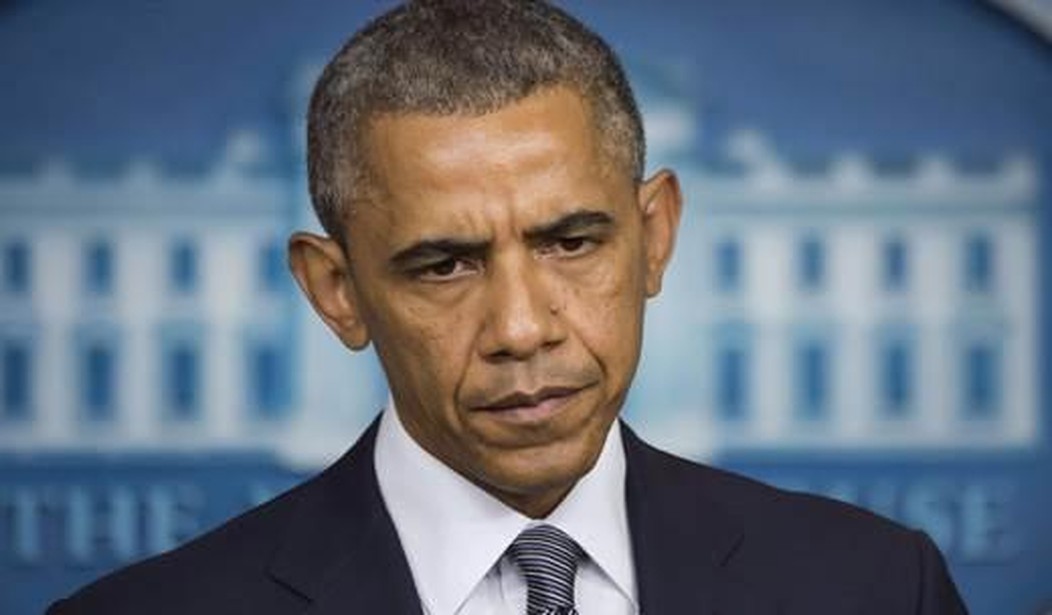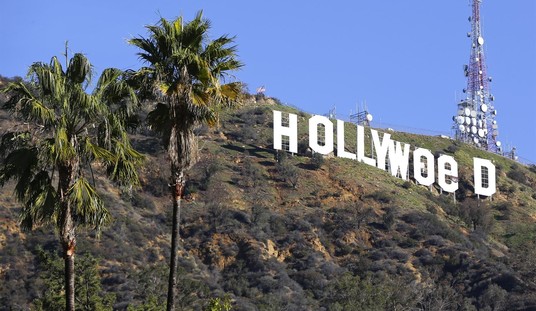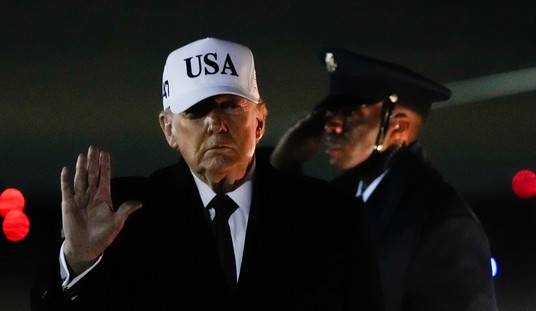Reacting to President Obama’s State of the Union address, Rep. Al Green (D-Texas) said Congress should raise the federal minimum wage to $13 or $15 per hour.
“I think we have to increase the minimum wage to around $13 to $15 per hour. There are just too many people being left behind,” Green said after Obama’s State of the Union address on Tuesday. “The gap in the earning capacity of Americans is widening between those at the very top and the rest of us – 1 percent possibly having 50 percent of the wealth is a little bit much. I think we have to do things to make sure we can all prosper together.”
Obama called on Congress to support his plan to raise the minimum wage to $10.10 per hour.
“To everyone in this Congress who still refuses to raise the minimum wage, I say this: If you truly believe you could work full-time and support a family on less than $15,000 a year, go try it,” Obama said. “If not, vote to give millions of the hardest-working people in America a raise.”
Green also said Congress should do something on immigration. Obama mentioned immigration in the speech, but did not cite any specific proposals.
“I think the executive action the president took was appropriate. I am the beneficiary of the greatest executive order ever written – the Emancipation Proclamation – so I assure you, I stand with the president,” Green said.
Rep. Peter DeFazio (D-Ore.) called on Obama to support more spending on infrastructure, labeling the Recovery Act, which Obama signed in 2009, as “stupid.”
“I’ve been trying to push a major investment in infrastructure since the president’s first term. Instead he chose that stupid so-called Recovery Act, which spent seven times as much money on tax cuts as it did on rebuilding America. It’s time to rebuild America,” he said. “It was mentioned. I would like more emphasis.”
According to Recovery.gov, $816.3 billion has been spent in total under the Recovery Act.
In the address, Obama called for passage of an infrastructure bill.
“21st century businesses need 21st century infrastructure — modern ports, stronger bridges, faster trains and the fastest internet. Democrats and Republicans used to agree on this,” he said. “So let’s set our sights higher than a single oil pipeline. Let’s pass a bipartisan infrastructure plan that could create more than 30 times as many jobs per year, and make this country stronger for decades to come.”
Sen. Cory Gardner (R-Colo.) said Obama “chastised Republicans for their ideas” in his speech. Gardner argued that higher taxes and more spending is not the message Americans sent to Washington in the November elections.
Rep. Charlie Dent (R-Pa.) said if Obama does not support the Keystone XL pipeline, then it will be harder for Congress to reach an agreement on infrastructure legislation.
Dent also said Obama’s rhetoric in the speech was more class warfare.
“But then at the end of the speech he says we need to come together, so there are these contradictions, so I thought it was largely political,” he said.
“He took a lot of credit, too, for lower energy prices and he wants cap and trade and other policies that would in fact raise energy prices, so there’s some contradictions in his speech,” Dent added.
Obama’s opponent in the 2012 presidential election, former Massachusetts Governor Mitt Romney, said Obama is more interested in politics than in leadership.
“More intent on winning elections than on winning progress, he ignores the fact that the country has elected a Congress that favors smaller government and lower taxes,” he said. “Rather than bridging the gap between the parties, he makes ‘bridge to nowhere’ proposals. Disappointing. A missed opportunity to lead.”
Romney called Obama’s tax proposals a “maze of new taxes and complexities.”
“The best way to lower the tax burden on all American families is straightforward: lower rates and simplify the tax code,” he said.
Rep. Bill Huizenga (R-Mich.) said Obama is wearing “rose-colored glasses.”
“As he’s talking about the shadow of the crisis has passed and tonight we turned the page and it’s like – I’m not sure that the American worker feels all of that, you know – there’s stagnant wages, lots questions yet about their healthcare, hours and upward mobility are in question and so, I don’t think we’ve, sort of, crossed the Rubicon yet,” he said.









Join the conversation as a VIP Member